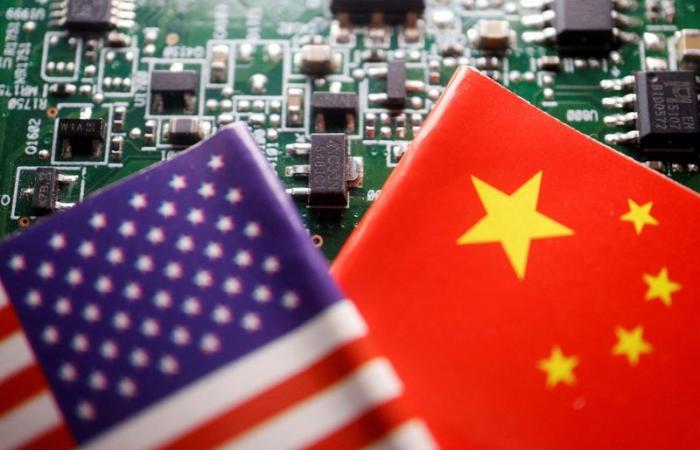Antimony prices set to hit record highs as consumers seek alternative sources of supply following China’s latest export ban, as growing trade tensions shift market dynamics for the materials essential.
Last month, China banned exports to the United States of critical minerals such as gallium, germanium and antimony.
Prices for antimony, used in semiconductors and military applications, have reached historic highs, currently trading between $39,500 and $40,000 per metric ton in Rotterdam as of December 31. Prices increased by around 250% in 2024.
Traders expect prices to rise above $40,000 per tonne following China’s ban, amid a global supply shortage.
“We have already sold small quantities at $40,000,” said a minor metals trader in Europe. “Non-Chinese sellers […] will charge more to maximize their profits.
China produced nearly 50% of the world’s antimony supply, estimated at 83,000 tonnes last year, according to data from the US Geological Survey (USGS).
Traders said China’s bans were part of a strategy of internal consolidation of mineral production.
“The U.S. has already diversified its supply chains away from China where possible, buying more from Southeast Asia,” said Ellie Saklatvala, head of nonferrous metals pricing at Argus. “However, it is unclear in the short term how they will be able to fill the void left by China.
China has also banned exports of gallium and germanium to the United States, but the move will have limited impact because the United States has stopped purchasing these critical minerals from China.
“So some upward pressure is expected as traders exploit the ban to drive up prices,” said Theo D. Ruas, global sales director, Metals and Compounds, at Indium Corporation.
“China’s ban on raw materials shows the importance of additional sourcing outside of China. Self-sufficiency must be a short-term goal for the U.S. government.”
China’s dominance in key minerals has sparked concerns about which other metals could be subject to the next round of export restrictions. China could target bismuth and manganese, trader says.






